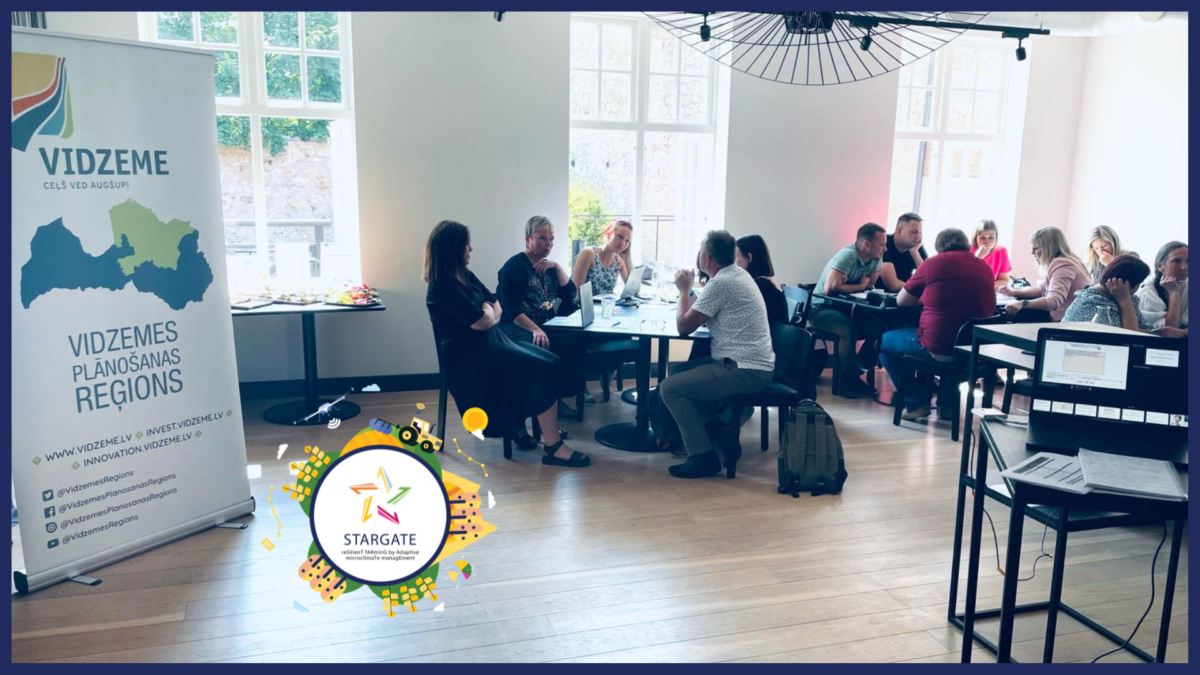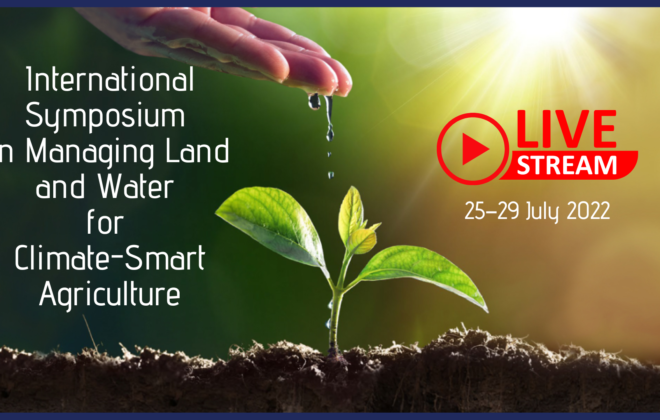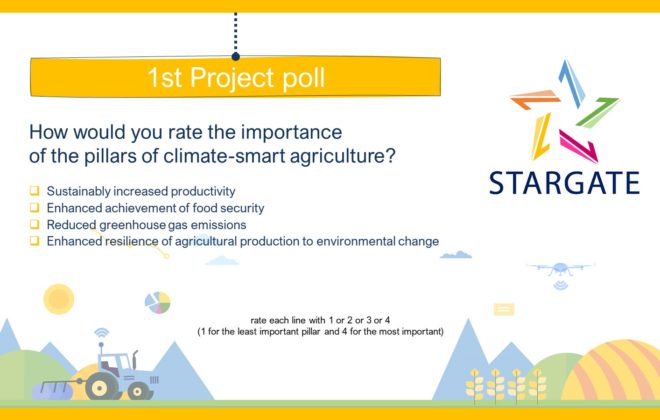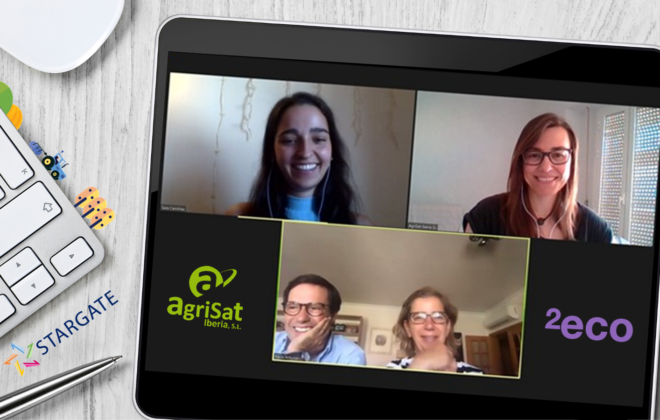Visioning Workshop in Vidzeme
On May 29, 2024, the Vidzeme Planning Region (VPR) hosted a visioning workshop in Cēsis, Latvia, as part of the Horizon 2020-funded STARGATE project. The event brought together stakeholders from all levels—national, regional, and local—including farmers, agricultural experts, municipal representatives, and researchers. The goal was to develop a shared vision for a climate-resilient future for agriculture in Vidzeme while aligning with broader STARGATE objectives.
Structuring the Discussions with Visioning Methodology
The workshop followed a structured visioning methodology designed to foster collaborative discussions and generate actionable insights. Participants, representing national, regional, and local levels, were divided into groups to systematically identify key climate risks, explore their broader implications, and outline a shared vision for Vidzeme’s agricultural future. This approach ensured a comprehensive analysis of challenges and opportunities, incorporating perspectives from various sectors, including forestry, water management, biodiversity, and human health.
Tackling Climate Challenges Specific to Vidzeme
Participants identified significant climate risks that threaten the agricultural sector, including heavy rainfall, extreme heat, flooding, rising water levels, storms, forest fires, and biological threats like pests, diseases, and invasive species. These risks underscored the interconnectedness of agriculture with other sectors such as forestry, human health, transport, water management, spatial planning, and biodiversity. The discussions expanded the concept of a “prosperous climate-resilient farming community” into a broader vision of a “climate-resilient society” with farming as its central pillar.
Key Discussions and Vision for 2035
The workshop’s discussions were deeply rooted in Vidzeme’s recent milestone—the establishment of the Gauja National Park Bioregion in 2023. As the first bioregion in Latvia and the Baltic States, it served as a guiding framework for prioritizing organic farming.
Participants articulated a clear vision for Vidzeme’s agricultural sector:
“Vidzeme is home to knowledgeable and cooperative farmers who skilfully and profitably manage fields with organic methods, providing the bioregion and beyond with high-quality, diverse organic food.”
Key principles included:
- Farmers as creators and protectors of natural landscapes and biodiversity.
- Agriculture as a respected and supported profession, bolstered by collaboration between scientists, consultants, and farmers.
- A reduction in bureaucracy, with accessible education and strong representation for the organic farming community.
Concrete Actions for Achieving the Vision
To realize this vision by 2035, participants outlined specific actions, including:
- Establishing a bio-incubator in Vidzeme focused on agriculture.
- Increasing knowledge and adoption of smart agricultural technologies.
- Expanding the biologically treated area in Vidzeme to 35% and increasing grassland habitats to 3%.
- Developing professional educational programs and training on modern technologies for farmers.
- Promoting farming as a strategic and desirable profession.
- Supporting innovation in energy solutions, such as biogas production and renewable energy installations on farms.
- Strengthening collaboration among farmers, public institutions, and researchers to address data gaps and adapt precision farming solutions to small-scale farms.
Adding Value to Regional Development
The visioning exercise contributed significantly in two critical directions: not only towards achieving the STARGATE project’s objectives but also by fostering discussions on development strategies specific to the Vidzeme Planning Region, where resilient farming is considered an essential element. Given that agriculture, including food production, holds a high-priority status in Vidzeme as a key area of smart specialization, addressing these topics is of utmost importance. By initiating this workshop, STARGATE has provided added value to the region’s development, creating a platform for interested parties to gather, explore their roles, responsibilities, and collaborative opportunities, and facilitate knowledge transfer through new partnerships.
Linking to STARGATE Objectives
The workshop outcomes directly support STARGATE’s mission to foster climate-smart agriculture and promote resilience. Participants highlighted the need for technological integration, emphasizing that precision farming techniques—such as GPS, drones, and sensors—must be adapted for Vidzeme’s numerous small-scale farms.
Anda Briede of the Vidzeme Planning Region stated: “This workshop demonstrated our commitment to sustainable agriculture, leveraging regional strengths while addressing challenges unique to Vidzeme. By collaborating across sectors, we can ensure a climate-resilient future that benefits local communities and beyond.”
A Collaborative Approach
Participants also discussed strengthening the role of the agricultural sector in regional and national policymaking. They emphasized the importance of promoting public awareness about the value of locally produced food and enhancing the agricultural sector’s strategic role in economic competitiveness.
This visioning exercise not only informed Vidzeme’s sustainable energy and climate action plan but also underscored the region’s role in contributing to the STARGATE project’s overarching goals.





